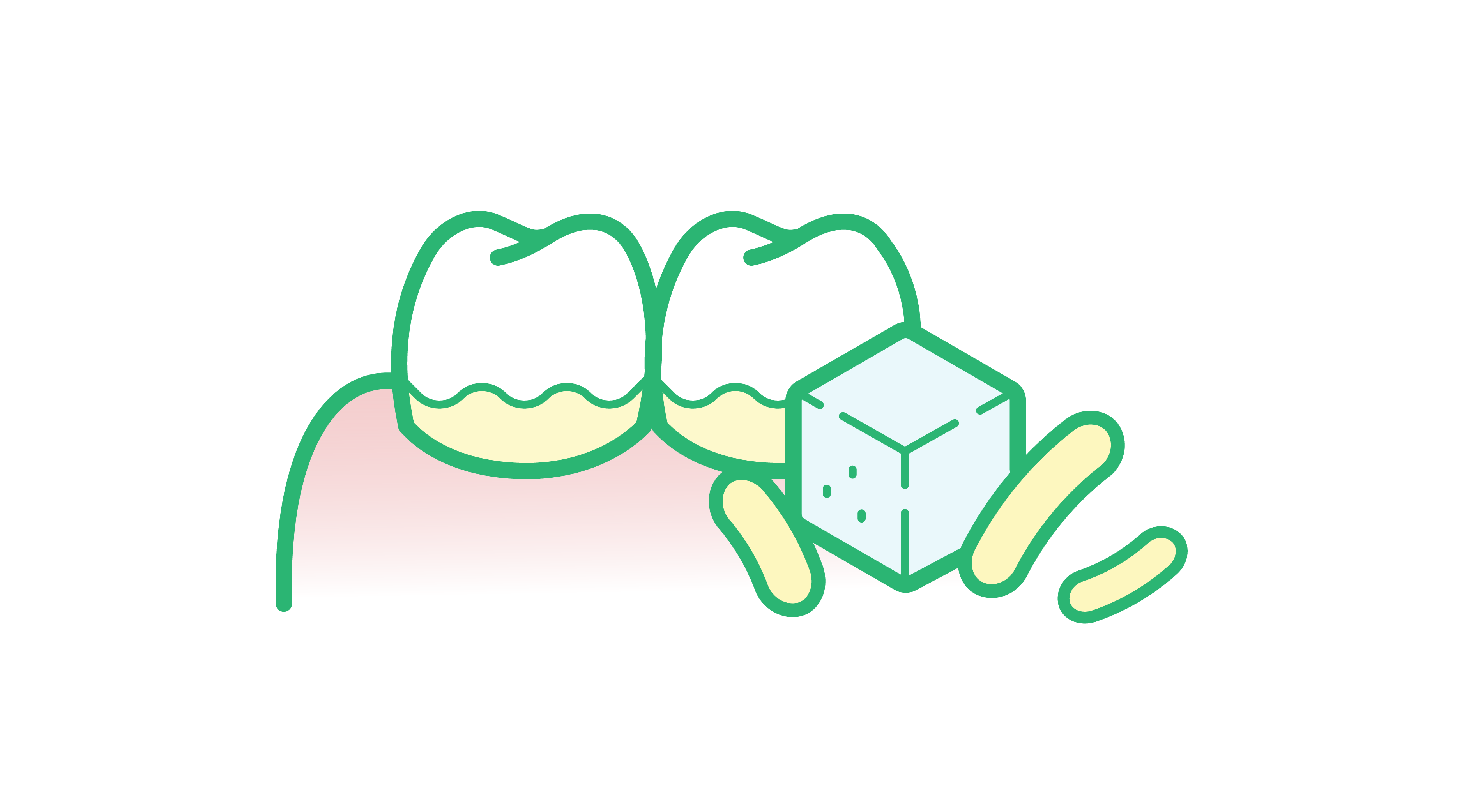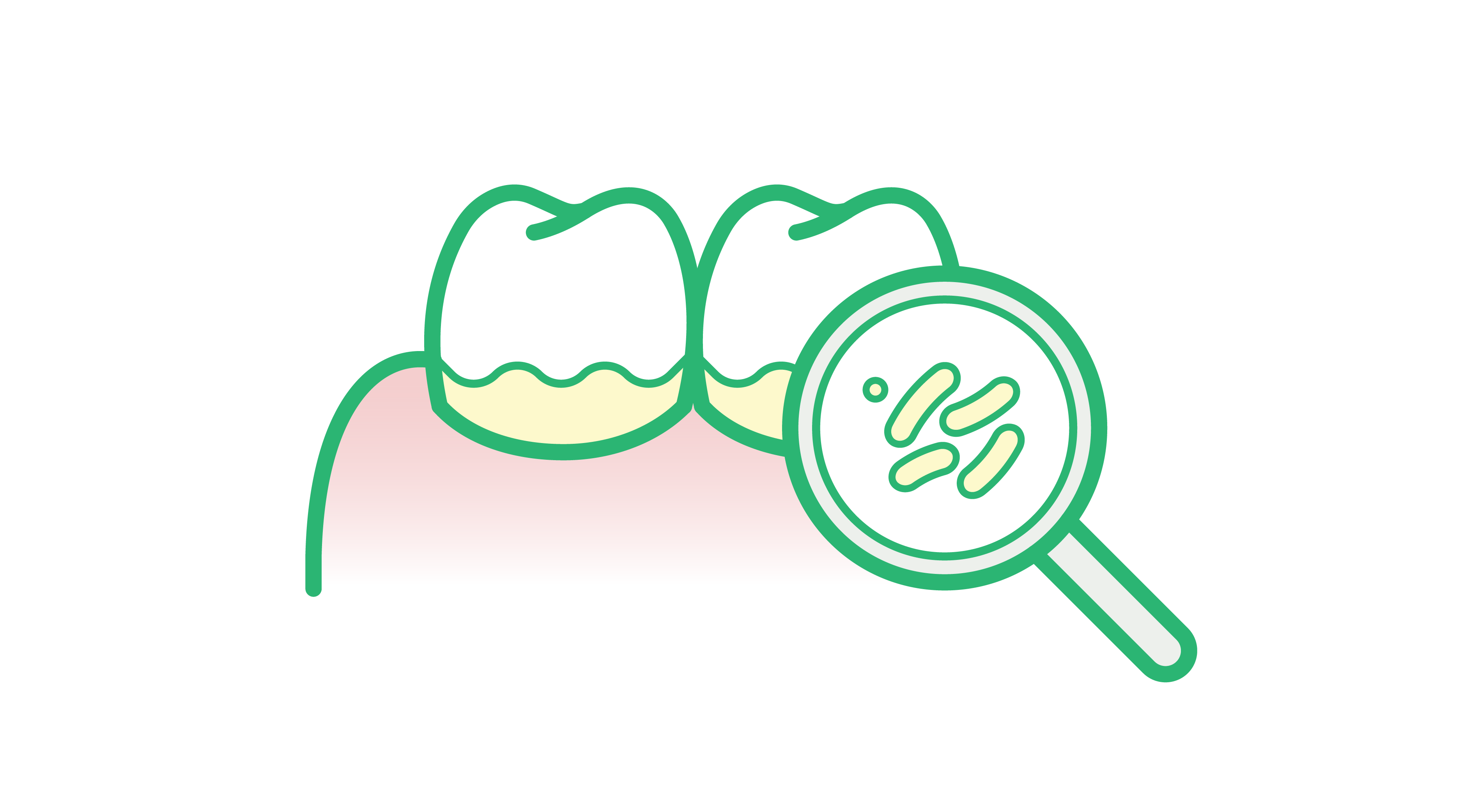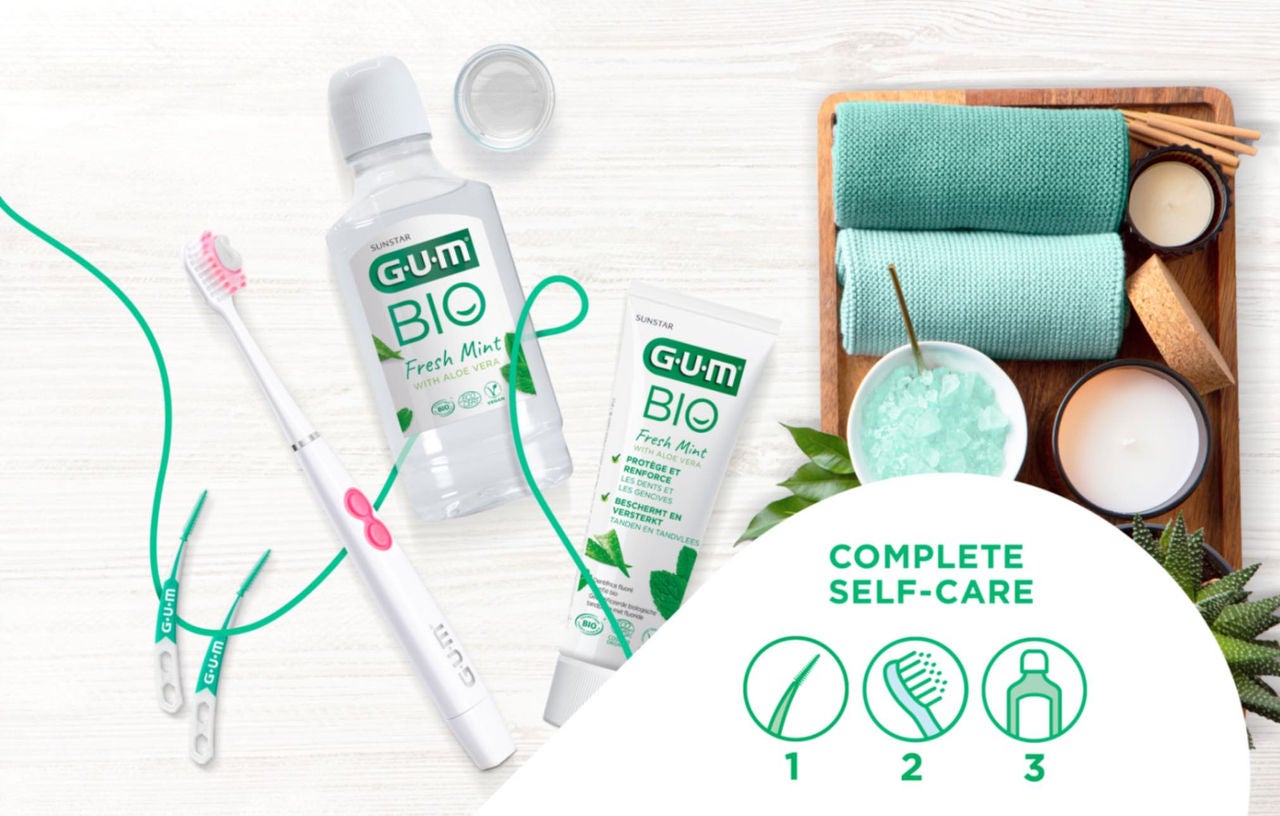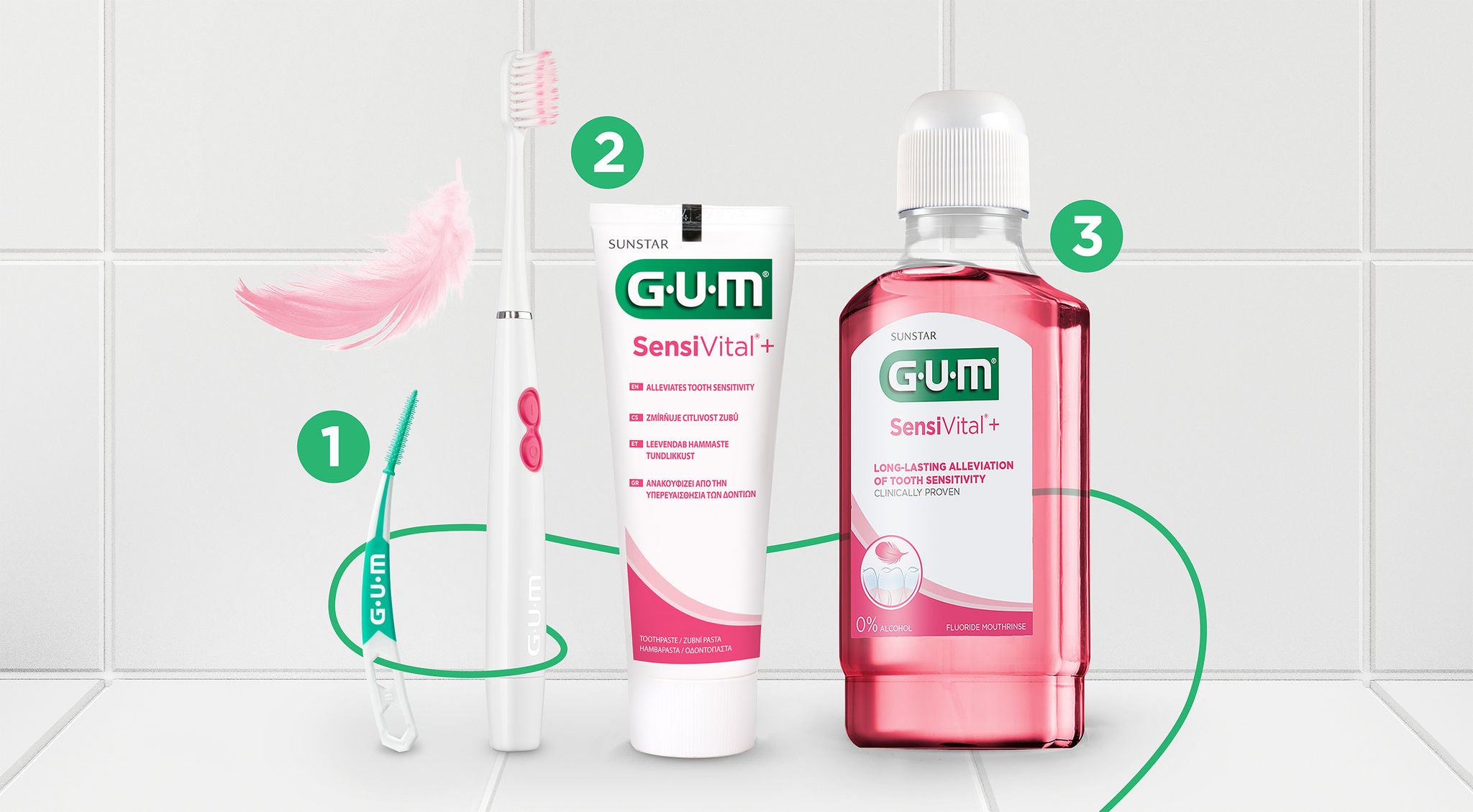
Understanding the Impact of Sugar On Oral Health
Sugar is a type of carbohydrate that is naturally present in many foods and beverages. It is a simple form of energy that our bodies use for a variety of functions, including providing fuel for our cells and organs.

We need a certain amount of sugar in our diets, but not all sugars are equal. Some have an outsized negative impact on our oral health and our whole body health.
In this post, we explain the difference between healthy and unhealthy sugars, and why sugar consumption has such a significant impact on oral health.
Healthy and unhealthy sugars: What’s the difference?
The distinction between healthy sugars and unhealthy sugars lies in their sources and effects on our overall health.
Healthy sugars are those naturally occurring in whole foods like fruits, vegetables, and dairy products. These sugars come packaged with essential nutrients, dietary fiber, and water, which slow down their digestion and absorption, minimizing spikes in blood sugar levels.
On the other hand, unhealthy sugars refer to added sugars found in processed foods, sugary beverages, and desserts. These sugars lack the nutritional benefits of whole foods and are often rapidly absorbed, leading to abrupt spikes in blood sugar and potential weight gain.
The role of sugar in oral health
In the context of oral health, the term "sugar" often refers to added sugars, which are sugars that are not naturally present in a food or beverage but are added during processing or preparation. These added sugars can be found in a wide range of products, including sugary snacks, desserts, sodas, and many processed foods.
How does sugar contribute to tooth decay?
Sugar is a primary driver of tooth decay. When you consume sugary foods and beverages, harmful bacteria in your mouth feed on the sugars.
This feeding process leads to the production of acids that attack the enamel of your teeth. Sugars from processed foods like candies, chocolates, sugary cereals, and sweet snacks are particularly problematic, as they provide an abundant and directly available food source for these harmful bacteria.


Is sugar intake linked with gum disease?
The link between sugar intake and developing gum disease is less clear, as it involves a wider array of bacteria than, say, those that cause tooth decay. There is, however, an indirect association involving conditions such as obesity and diabetes. High sugar intake results in peaking blood sugar levels, which can result in a systemic inflammatory state. This in turn very likely increases the risk for gum disease.
How can sugar make your teeth sensitive?
Over time, the erosion of tooth enamel can lead to the exposure of dentin, a softer tissue underneath the enamel that contains microscopic tubules connecting to the tooth's nerve center.
As the dentin becomes exposed, sensations like hot, cold, sweet, or acidic stimuli can trigger discomfort or pain, resulting in tooth sensitivity.
The link between sugar, oral health, and diabetes
As mentioned, the link between sugar, oral health, and diabetes is a complex interplay with significant implications for overall well-being.
Excessive sugar consumption not only contributes to tooth decay – and, most likely, gum disease – it certainly raises the risk of developing obesity and type 2 diabetes.
High sugar intake can lead to insulin resistance, a hallmark of diabetes, which affects the body's ability to regulate blood sugar levels effectively. Individuals with diabetes are more susceptible to oral health issues due to altered blood sugar levels that compromise immune responses and foster the growth of harmful bacteria in the mouth.
Understanding this intricate relationship underscores the importance of managing sugar consumption, maintaining proper oral hygiene practices, and effectively managing diabetes to ensure optimal oral and systemic health.
Dietary choices that reduce your risk of tooth decay
To safeguard your oral health, it's wise to cut back on foods and beverages containing free sugars. These include items like sweets, chocolates, sugary cereals, jams, and sugary drinks. Free sugars fuel the harmful bacteria in your mouth, leading to tooth decay.
On the other hand, natural sugars present in whole fruits and vegetables are less concerning. When enclosed within the structure of these foods, the impact on your teeth is less severe. The act of chewing these foods also promotes saliva production, which helps neutralize acids and cleanse your mouth.
So, when opting for snacks or drinks, choose whole fruits and vegetables whenever possible. Their natural sugars come with built-in benefits for your oral health, reducing the potential for tooth decay. But the same applies as always: enjoy in moderation.


Recommended sugar intake guidelines
To help guide your sugar consumption choices, the National Health Service has outlined recommended daily sugar intake levels.
- Adults: Aim for no more than 30g of free sugars per day, equivalent to about 7 sugar cubes.
- Children (7-10): Keep it under 24g of free sugars daily, about 6 sugar cubes.
- Children (4-6): Limit intake to a maximum of 19g of free sugars, approximately 5 sugar cubes.
These recommendations specifically cover sugars added to food and drinks, as well as those present in honey, syrups, and unsweetened fruit and vegetable juices.
Notably, natural sugars found in milk, fruit, and vegetables are not subject to these limits.
Following these guidelines can significantly reduce your risk of tooth decay and promote better oral health.
Be on the lookout for hidden sugars
Identifying hidden sugars requires reading food labels. Look for terms like "syrup," "juice concentrate," or words ending in "-ose" (like sucrose or fructose) in the ingredient list. Keep an eye on total sugar content and remember, even seemingly healthy items may harbor hidden sugars. Prioritize whole foods and minimize processed snacks to make mindful choices for your oral health.
Safeguarding your oral health
It's essential to recognize that the major problem with sugar consumption is tooth decay, not tooth sensitivity. Tooth sensitivity linked to sugar is secondary. Therefore, addressing tooth decay should take precedence in your oral health journey.
Repairing and preventing sugar-related tooth decay
Tooth decay is the primary dental issue brought on by excess sugar intake. Here are key steps to repair and prevent sugar-related tooth decay.
- Dental consultation: Schedule a dentist appointment for the assessment and repair of existing tooth decay.
- Reduce sugar intake: The first line of defense against tooth decay is reducing your sugar consumption. Limit the consumption of sugary foods and beverages, especially between meals. This helps minimize the exposure of your teeth to harmful sugars that can lead to decay.
- Maintain consistent oral hygiene: Clean interdentally, brush your teeth, and use mouth rinse twice daily. This routine helps remove food particles and plaque, preventing the formation of acids that contribute to tooth decay.
- Use fluoride products: Consider using toothpaste and mouthwash that contain fluoride. Fluoride strengthens enamel, making it more resistant to acid attacks and decay.
- Regular dental cleanings: Schedule regular dental check-ups and cleanings. Dentists can detect early signs of decay and provide professional cleanings to remove plaque and tartar buildup, reducing the risk of cavities.
Treating sugar-related tooth sensitivity
If tooth sensitivity is caused by minor enamel erosion, it may be reversible. Using desensitizing toothpaste, maintaining good oral hygiene practices, and avoiding triggering foods and drinks can help alleviate symptoms over time.
However, if the sensitivity is due to more severe enamel loss or underlying dental issues, complete reversal may not be possible. In such cases, dentists can provide guidance on managing the condition and preventing further damage. It's crucial to consult with a dental professional to determine the cause of your tooth sensitivity and receive appropriate recommendations for treatment and prevention.
For cases where enamel erosion is more significant, steps can be taken to manage and minimize sensitivity. Dentists may recommend treatments like fluoride varnishes, dental sealants or dental restorations to protect exposed areas of the tooth. These measures can help reduce sensitivity by providing a barrier to the dentin and preventing further erosion.
Treating tooth sensitivity at home
- Practice a complete oral care ritual: Stick to your regular brushing routine – twice a day with fluoride toothpaste. This helps to remove sugars and plaque that can lead to decay.
- Choose the right toothpaste and mouthwash: Select oral care products formulated to address sensitivity, such as toothpaste and mouth rinse. These products often contain ingredients like potassium nitrate or strontium chloride, which can help alleviate nerve sensitivity and reinforce enamel.
- Choose the right toothbrush: Opt for a toothbrush with soft bristles to minimize irritation to sensitive areas. Prioritize gentle brushing techniques and ensure your toothbrush choice doesn't worsen sensitivity.
- Visit your dentist regularly: Schedule regular dental appointments to catch any potential issues early. Your dentist can provide personalized guidance on your oral health.



